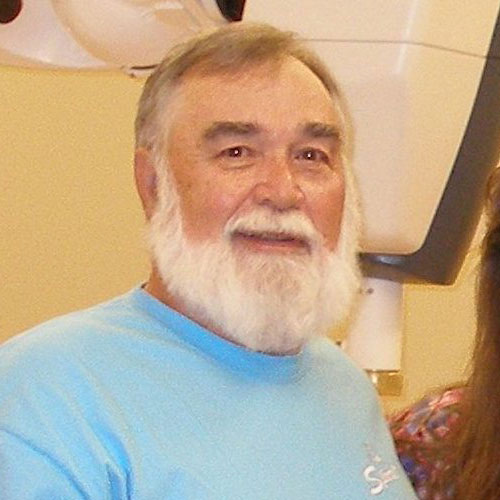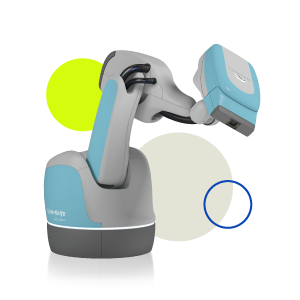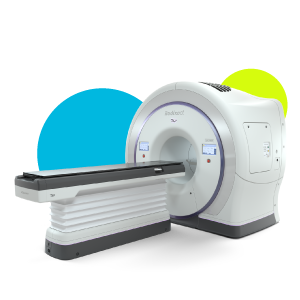
Charles's Story
Diagnosis: Prostate Cancer
Charles knew just who to turn to when he was diagnosed with prostate cancer. His daughter Janice isn’t a surgeon or a urologist, but she is a radiation therapist who works everyday with cancer patients at Baylor University Medical Center at Dallas.
In January 2007, 71-year old Charles – who with his wife Dorothy spends his winters in Fort Mojave, Ariz., and summers in Negley, Ohio, near where he raised his family – learned that he might have prostate cancer. A routine physical showed that Charles’ prostate specific antigen levels had risen considerably since his last examination. His doctor told him this could be indicative of prostate cancer. A biopsy in May confirmed his worst fears. “I was scared to death,” said Charles.
His family doctor presented several treatment options, including a relatively new procedure with a CyberKnife®Robotic Radiosurgery System, a groundbreaking non-invasive treatment that delivers radiation in high doses over a short period of about one week. “I told the doctor, I know where I can get that done – Baylor University Medical Center in Dallas,” said Charles. The doctor warned that he may face a long wait to see a specialist for evaluation for such a specialized treatment. But, much to the doctor’s surprise – and with a little help from his daughter Janice – Charles had an appointment scheduled for his treatments just a few weeks later.
As fate or luck would have it, Janice was one of a handful of radiation therapists who had trained on the CyberKnife System. Janice had seen radiation oncologists for more than a decade successfully treat tumors with the CyberKnife throughout the body, including the head, spine and lung. And now Baylor Dallas was about to begin providing the CyberKnife System as treatment for prostate cancer.
Janice asked the doctors if her father could be the first patient. “I told them that he needed to come here because I wanted to make sure it was done right,” said Janice. “A lot of people asked how I could treat my father, but I wanted him to come to Baylor because I wanted to be sure it was done right.” she added. “It reinforced the confidence I have in the CyberKnife technology. If I didn’t believe in it completely, I wouldn’t be recommending it to my dad.”
Charles admits he was a little nervous to be the first patient treated for prostate cancer with Baylor’s CyberKnife System. But he took solace in the fact that prostate cancer treatments with the CyberKnife System were being done successfully at other facilities around the country.
One month after receiving a prostate cancer diagnosis – and just a few days before Father’s Day – radiation oncologist Brian Berger, M.D., started treatment on Charles’ cancer. Dr. Berger’s treatment plan consisted of CyberKnife radiosurgery for five consecutive days with each treatment lasting about one hour.
“I had never had radiation, so I didn’t know what to expect,” Charles said. The treatment was amazing. It’s like an X-ray; you feel nothing.” Charles also was pleased that he had no side effects afterward from the CyberKnife treatment. “I had no impotency, no urination problems, no burns, no problems whatsoever,” he stated.
Within days of his treatment, Charles and Dorothy, his wife of 50 years, were back on the road in their RV to spend another summer in Ohio.
As of the creation of this patient profile, Charles found his CyberKnife treatment to be successful.








